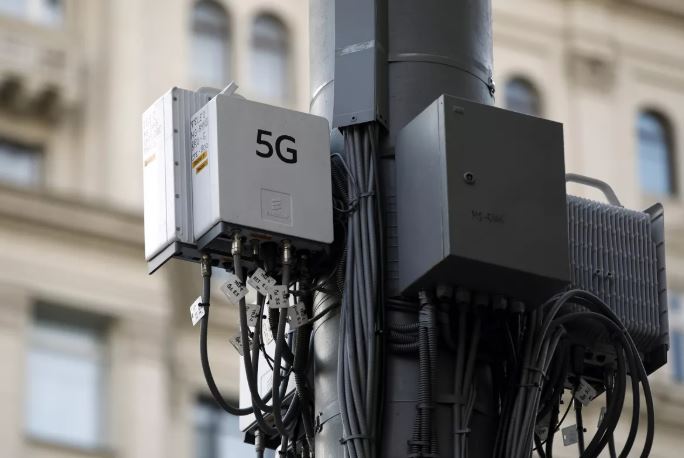×
The Standard e-Paper
Stay Informed, Even Offline

Communication experts, government and global media are working to prove to the world that 5G network is not in any way related to the coronavirus after some 5G masts were set on fire in Britain last week.







